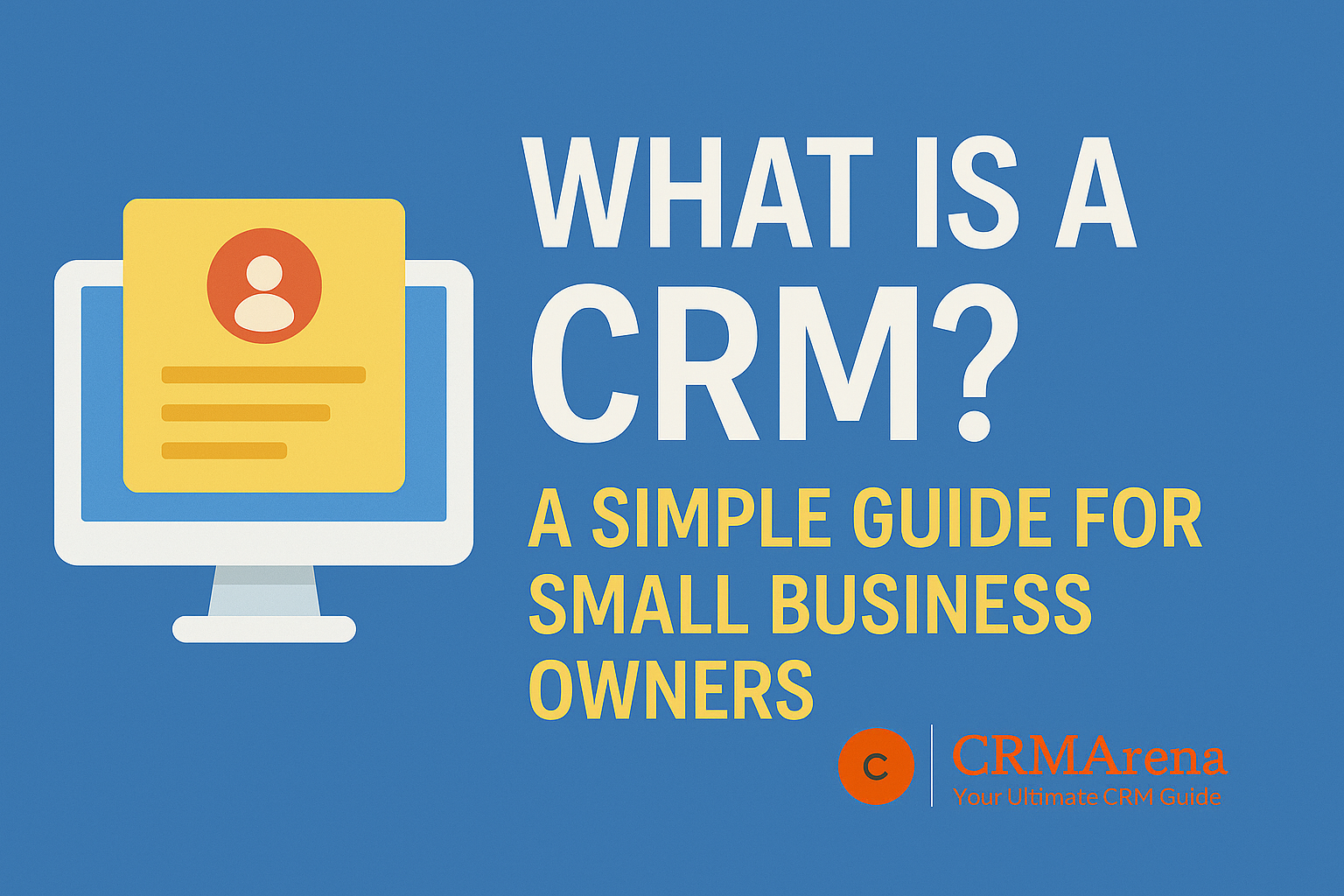In today’s fast-paced digital world, customers expect fast replies, personalized experiences, and consistent service across platforms. Whether you’re a freelancer, consultant, or running a growing business — if you’re managing customer relationships in spreadsheets or inboxes, you’re already falling behind.
That’s where CRM comes in.
In this guide, we’ll break down what a CRM is, why it matters, and how it can transform the way you do business — even if you’re just starting out.
🔍 What is a CRM?
CRM stands for Customer Relationship Management. It refers to both a strategy and a software system that helps businesses manage interactions with current and potential customers.
At its core, a CRM tool helps you:
- Store customer data (names, emails, purchase history)
- Track leads and deals in your sales pipeline
- Automate follow-ups and reminders
- Improve team collaboration and communication
- Provide better customer service
Think of it as a digital brain for your business — storing all customer info in one place and helping you stay organized and proactive.
📈 Why Does Your Small Business Need a CRM?
If you’re still relying on sticky notes, Excel sheets, or scattered emails, here’s what a CRM can do for you:
✅ Centralize Your Data
Instead of hunting down notes or digging through Gmail threads, a CRM gives you a single source of truth. You can view a complete history of interactions, calls, purchases, and support tickets.
🚀 Improve Sales Efficiency
Track leads as they move through your funnel. Set reminders to follow up. Never lose a deal because “you forgot.”
✉️ Automate Follow-Ups
Most CRM systems let you schedule emails, create drip campaigns, or even send a thank-you note automatically after a meeting.
📊 Get Business Insights
Modern CRMs give you dashboards, sales reports, and customer trends — helping you make smarter decisions.
🧠 Scale Without Chaos
As your team grows, a CRM ensures that everyone’s on the same page — whether you’re handling 10 customers or 1,000.
💡 Real-World Example
Let’s say you run a small agency and get inquiries via a contact form. A CRM like HubSpot, Zoho CRM, or Pipedrive can:
- Automatically capture those leads into your pipeline
- Send a personalized auto-reply
- Assign a sales rep to follow up
- Set reminders for the next action
- Track the conversation history across your team
All without writing a single line of code.
🤔 How to Choose the Right CRM
There are dozens of CRM tools out there. Here are a few tips to pick the right one:
| Feature | What to Look For |
|---|---|
| Ease of Use | Simple UI, drag-and-drop pipelines |
| Integration | Connects with email, calendar, website |
| Automation | Workflows, email triggers, reminders |
| Pricing | Free tier or affordable starter plans |
| Support | Good help docs, live chat, onboarding help |
Tip: Start with a free CRM like HubSpot, then upgrade as you grow.
🔧 Popular CRM Tools for Small Businesses
Here are some beginner-friendly CRM platforms:
| Tool | Best For |
|---|---|
| HubSpot | All-in-one CRM, free plan |
| Zoho CRM | Customizable & affordable |
| Pipedrive | Sales-focused visual pipelines |
| Brevo | Email & CRM in one |
| Freshsales | AI-powered sales workflows |
✨ Final Thoughts
A CRM isn’t just for big enterprises. For small business owners, it’s a powerful tool to build stronger relationships, close more deals, and grow with confidence.
The earlier you start using a CRM, the more organized and efficient your business becomes — saving time, increasing revenue, and delivering a better customer experience.

